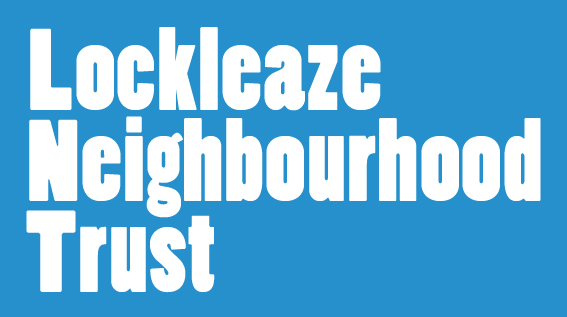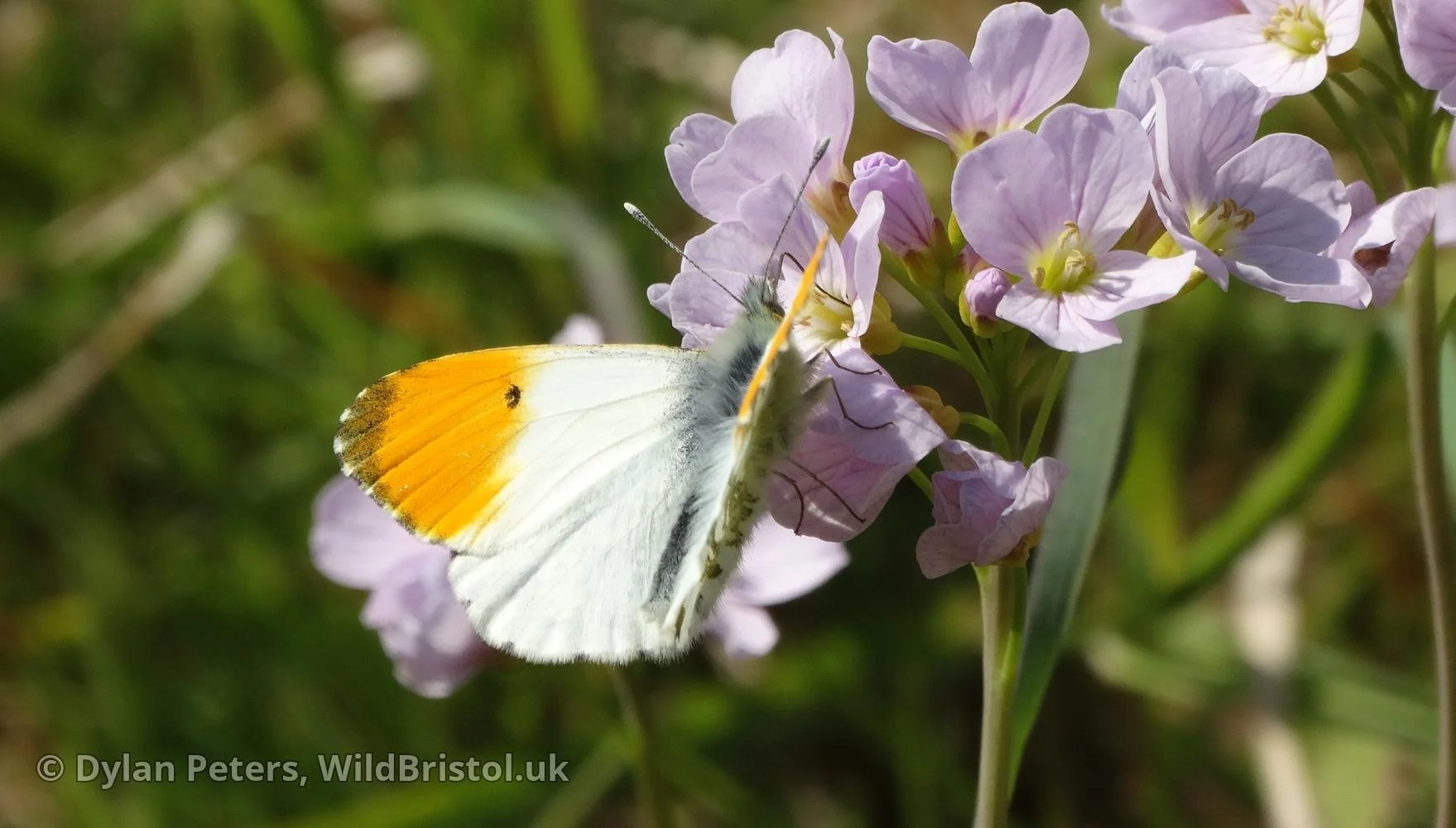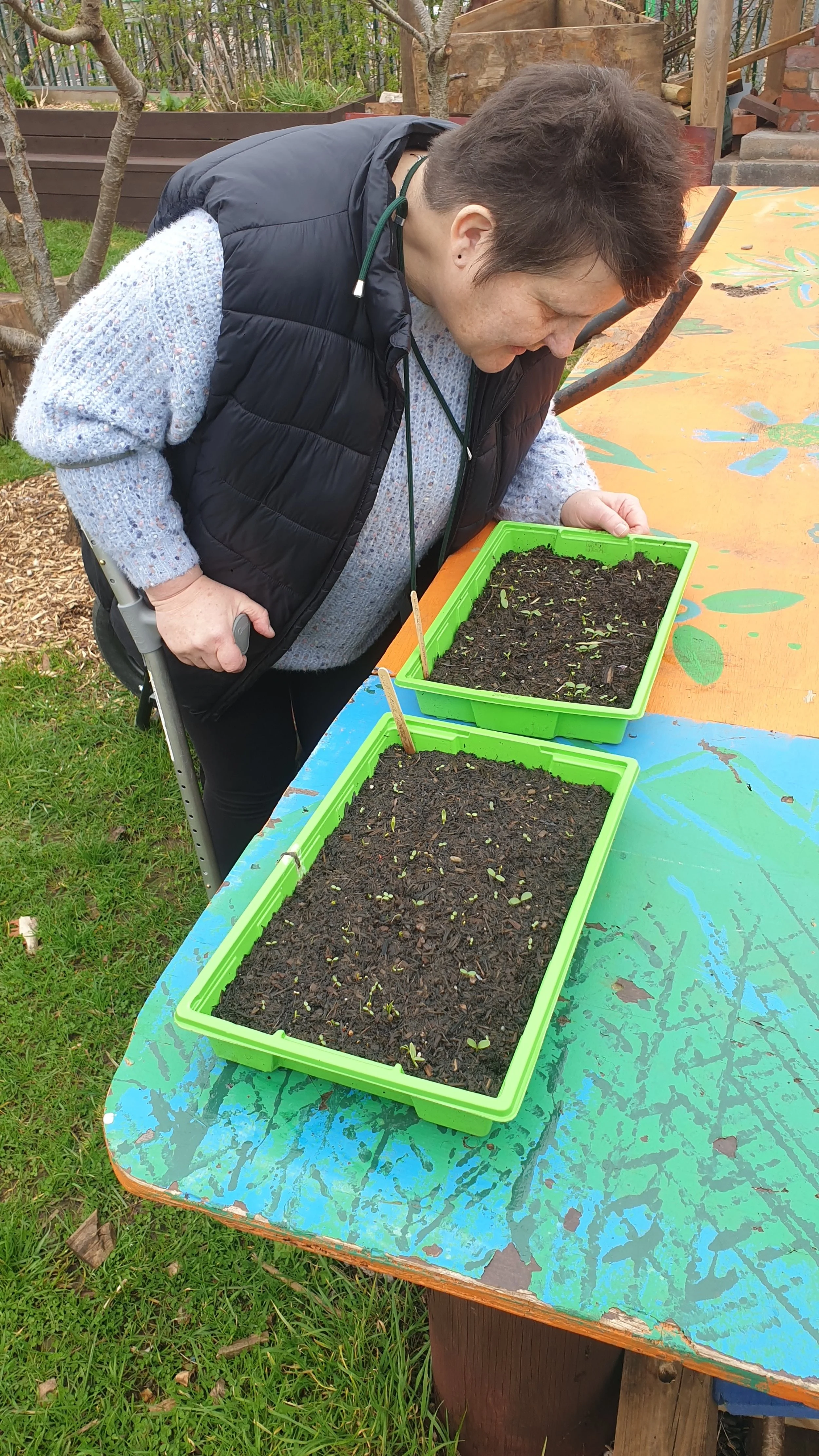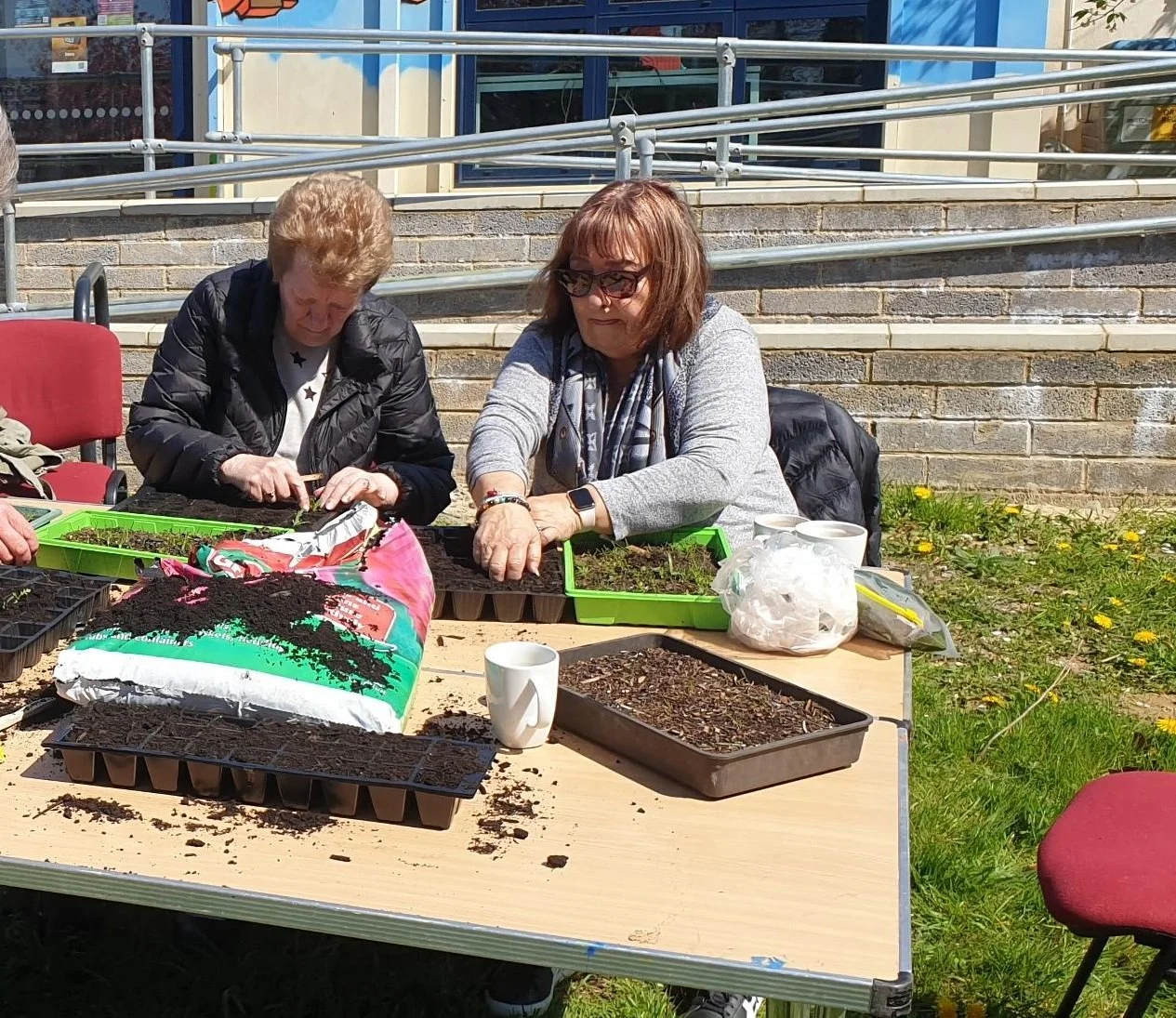From Seed to 'Weed'
As part of the Really Wild Lockleaze project we have been working with local residents to increase the amount of wildflower meadow habitat all across Lockleaze. Whether in people’s gardens, housing greens, roadside verges, and churches or schools, we’ve been encouraging anyone and everyone to not mow their grass and plant wildflowers/sow seeds.
So, when Lockleaze Neighbourhood trust and The Vench started a gardening group together, it seemed the perfect opportunity to involve green fingered residents in helping the Really Wild Lockleaze Project to grow wildflowers from seed, which will then be planted as plugs to create more meadow habitat across the neighbourhood.
Our ecologist led a session where we sowed a native mix of around 40 different wildflower species! We also specifically sowed the brilliant named ‘corky-fruited water-dropwort’ as it is endemic to the southwest (it only grows in that area of the UK) and Bristol is on it’s northern range, so we are helping spread this brilliant plant. Corky-fruited water-dropwort is an important source of nectar for many species (especially hoverflies) and also serves as the mating platform for the aptly named ‘bonking beatles’ (red soldier beetles).
Red Soldier beetle on corky-fruited water-dropwort photo by Alex Lockton
Red soldier beetles photo by Alia
We also sowed trays of cuckoo flowers as we know there are healthy numbers of orange tip butterflies in the neighbouring stoke park, however they aren’t as often spotted in Lockleaze. By planting their dainty pink foodplant, the cuckooflower, we are hoping to encourage this beautiful butterfly into our neighbourhood as it’s one of the few plants the orange tip will lay its eggs on.
An Orange Tip Butterfly on a Cuckoo Flower
After the wildflower seeds have been sown into trays of compost, they were left outside until they germinated. First the simple seed leaves appeared, then after about a month from when they were sown, the true leaves came through, and we pricked them out into their own little pots – to then be planted in different areas of the neighbourhood creating a nice splash of colour, as well as a home for insects. The insects then serve as food for birds, frogs, small mammals including bats, and other insects. So by increasing this habitat we really are encouraging more wildlife into our neighbourhood.
Anyone who creates any wild areas in Lockleaze, weather planting wildflowers, sowing seed, or just not mowing an area of their garden (No Mow May!) - we encourage to upload their efforts to the wild mile (see link below). This allows us to keep track of how much wild space we have created together as a neighbourhood and will be combined to form a map of our collective efforts to increase wildflower habitat.
If this sounds like the sort of thing you would like to be involved with, why not join the all-abilities gardening group, held each Thursday from 1pm-2.30pm jointly run with The Vench and Lockleaze Neighbourhood Trust. The next gardening group session is on Thursday 18th May from 1pm-2.30pm at the Vench. Romney Avenue, Lockleaze, BS7 9TB.
To join the Really Wild Lockleaze mailing list, or for advice and free seed packets don’t hesitate to email Eric at ecologist@lockleazent.co.uk. Get involved!
Wild mile link: https://forms.gle/bKWivmawVAKHaDob7
Special thanks to Dylan Peters from BS7 wildlife group for letting us use his photographs from his website which is well worth checking out - Home - WildBristol.uk // Species Groups - Group - WildBristol.uk






